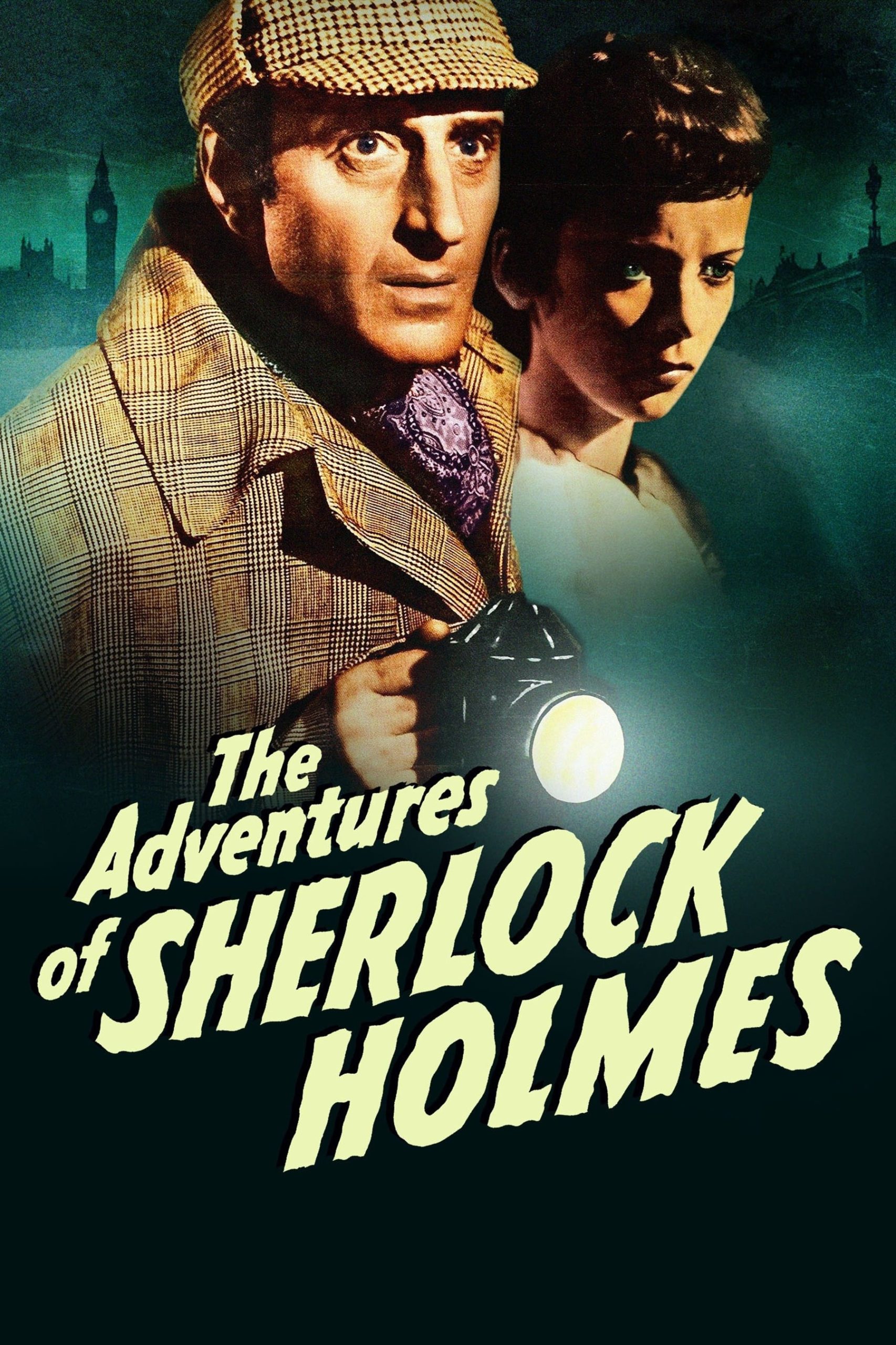
Having once again avoided criminal conviction, Professor Moriarity develops a murderous plan to “finish off” his last major nemesis, Sherlock Holmes, by making him fail to prevent the perfect crime. Does it involve a family curse, the crown jewels of England, or something else…
12 Feb The Adventures of Sherlock Holmes (1939)
illogical
The invention of the logical detective in Sherlock Holmes was profoundly important, directly leading to the great invention of noir, the descendants of which dominate our viewing vocabulary. The notion that people were deeply logical and that a human mind was capable of mastering this logic was the great promise that swept over the world post Darwin and Freud. You could read the original stories regardless of how you felt about this and indeed the author himself was an anti-science spiritualist.
The stories placed themselves at the centre of human confidence and angst.
Moriarty did not feature in many of the stories, but in film has been elevated to evil incarnate, himself the template of hoards of supervillain geniuses.
Some film presentations of Holmes either take his deductive abilities seriously or they cleverly play with logic versus something else, often passion. Oddly, none of these Basil Rathbone films treat Holmes as a brilliant man. Almost never does he reason things out as he does in the stories; instead he simply chases clues with the assumption that the obvious answer is wrong. We see no brilliance, only opportunity.
So even though the idea of Sherlock (and Mycroft and Moriarty) is essential to a history of film, these particular movies are dispensable, silly wastes.
Posted in 2015
Ted’s Evaluation — 1 of 3: You can find something better to do with this part of your life.


No Comments